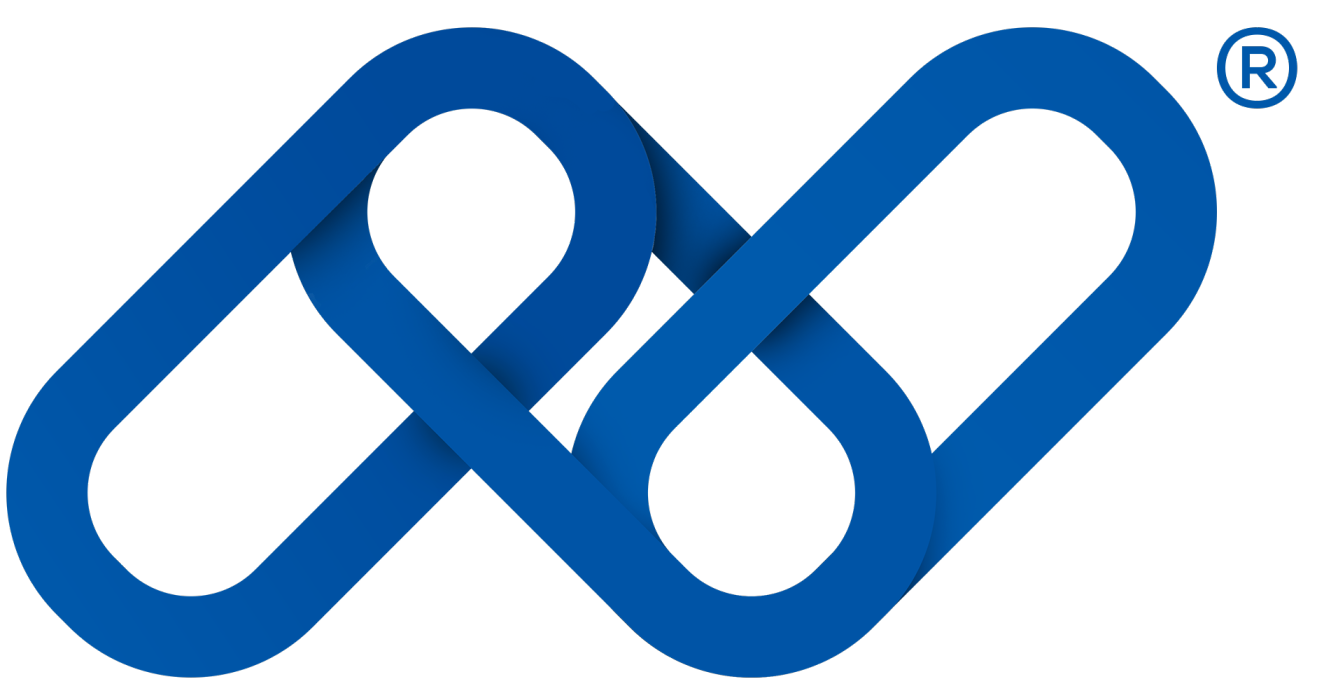“AN OPPORTUNITY TO EXCHANGE BEST PRACTICES FROM BOTH A TECHNICAL AND LEGAL STANDPOINT”
Charles-Henri Laevens, Senior Associate, Allen & Overy, tells us more about the Infrachain initiative. We notably discussed the creation of Infrachain, the main advantages of the Blockhain technology and of course, its legal challenges.
When and why did you join the Infrachain initiative?
Allen & Overy has always been at the forefront of technological innovation and we were proud to be the first law firm to join the Infrachain initiative in May 2017, as a founding member.
We have a vast experience in assisting our clients in dealing with the legislative and regulatory challenges associated with new technologies. We saw the Infrachain initiative as a good opportunity to meet and exchange know-how and experience with other stakeholders of the Blockchain community and to apply and interpret the current regulatory environment to adapt to Blockchain technology.
What are the challenges you are currently facing when it comes to the development of concrete Blockchain applications?
As a law firm, we do not develop Blockchain applications but assist clients who do.
From an IP&TMT lawyer’s perspective, the main challenges presented by the Blockchain are linked to data protection laws, especially the EU General Data Protection Regulation (GDPR).
Although GDPR compliance is not about the technology itself but more about how the technology is used to process data relating to individuals, there are points of tension between the GDPR and the Blockchain. For instance, many questions are open as to how the GDPR applies to an ecosystem where there is no single, centralized, third-party data storage platform.
Because the GDPR and applicable guidelines do not currently offer clear answers to questions asked by entrepreneurs (such as application service providers) and IT specialists, the Infrachain forum is an opportunity to exchange best practices (e.g. on how to address end users’ requests for erasure of their personal data) from both a technical and legal standpoint.
What about their main advantages and opportunities?
Important advantages of the DLT technology are its trustworthiness, efficiency and cost savings.
The record-keeping technology behind the Blockchain (i.e. the fact that transactions are recorded in chronological order, that the data cannot be altered or deleted and that the origin of any ledger can be tracked along the chain to its point of origin) makes it very efficient at creating trusted audit trails of information.
While the Blockchain may create many opportunities in various sectors, I think it will thrive in use cases relating to record keeping (e.g. ownership, real estate, intellectual property, healthcare, voting, etc.).
According to you, where will Blockchain be the most efficient? How and why?
The main use cases currently implemented (or in the course of implementation) in Luxembourg revolve around crypto currencies, payment services, identity/KYC or fund distribution. This being said, the possible use cases for Blockchain technology go way beyond the financial sector.
Digitalisation Minister Marc Hansen announced at the Infrachain Summit on 23 May 2019 the launch of a blockchain for the public sector, in collaboration with CTIE and SIGI. This Blockchain aims at helping improve the transparency, reliability and security of the public sector’s digital information and process systems.
I think blockchain technology is perfectly suited for this purpose and the management of public services is in need for improvement of its processes, to help create better and more efficient public services.
What is needed to really kickoff the adoption of Blockchain?
The concept of the Blockchain may look quite complex and not everyone is familiar with its benefits.
In many cases, applications have been marketed using the term “blockchain” as a buzzword instead of focusing on the real benefits they provide. I would imagine that in some cases, the complexity of the underlying concepts might have slowed down adoption. It is a shame given that in order to use an application correctly, the user does not necessarily need to understand the underlying technology.
The fact that the Luxembourg government is determined to play a pioneering role in the blockchain field will certainly build confidence and encourage businesses to take a step forward towards digitalization.
Published on July 3rd, 2019 on https://www.itone.lu/actualites/opportunity-exchange-best-practices-both-technical-and-legal-standpoint


